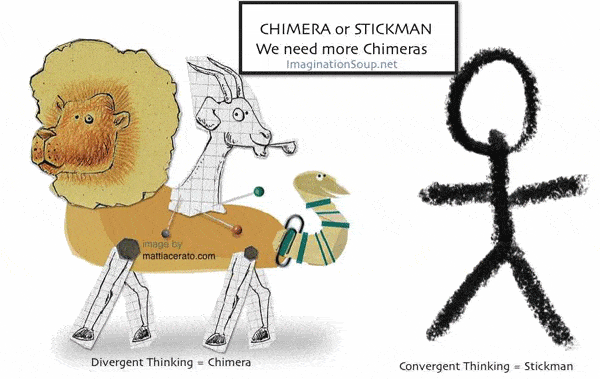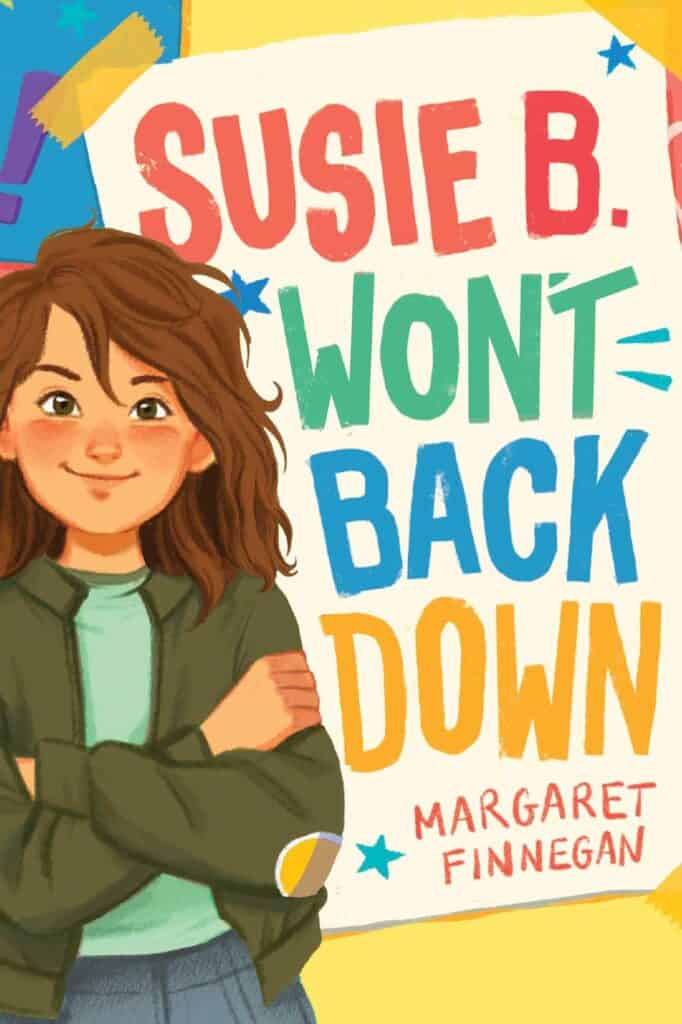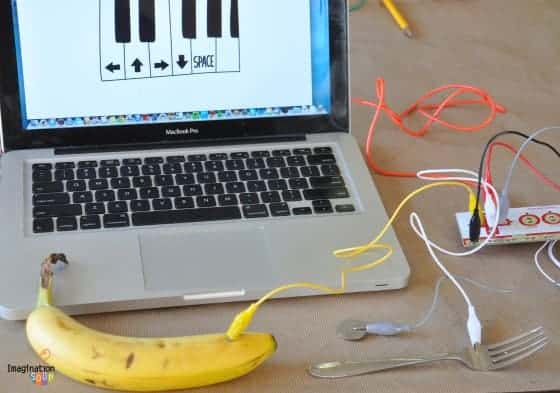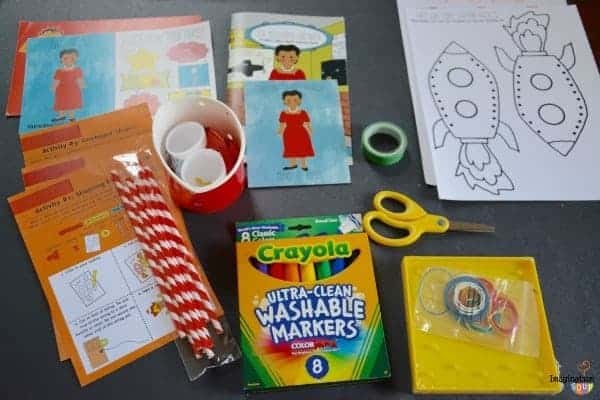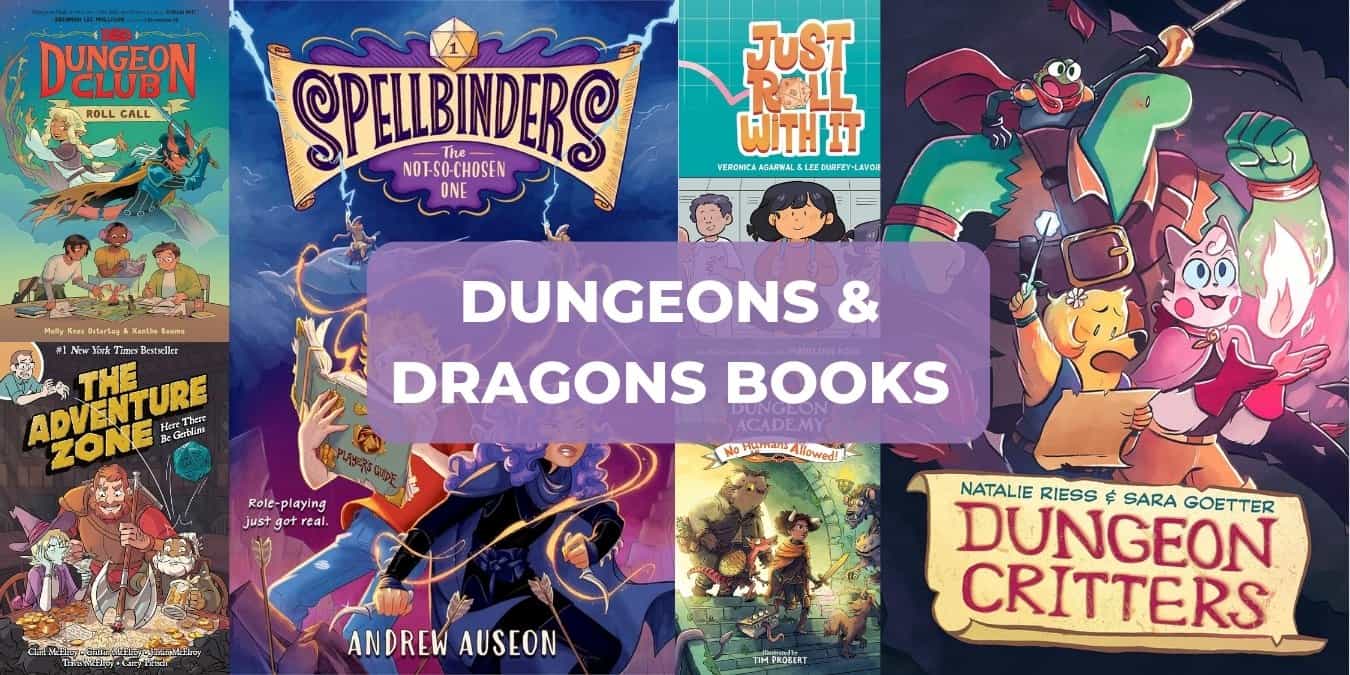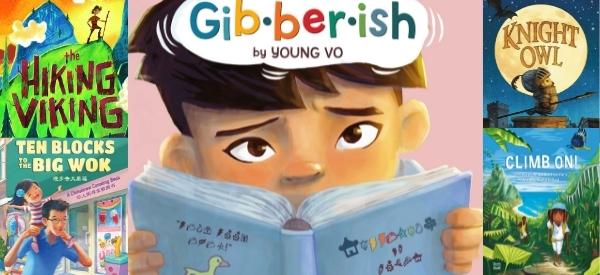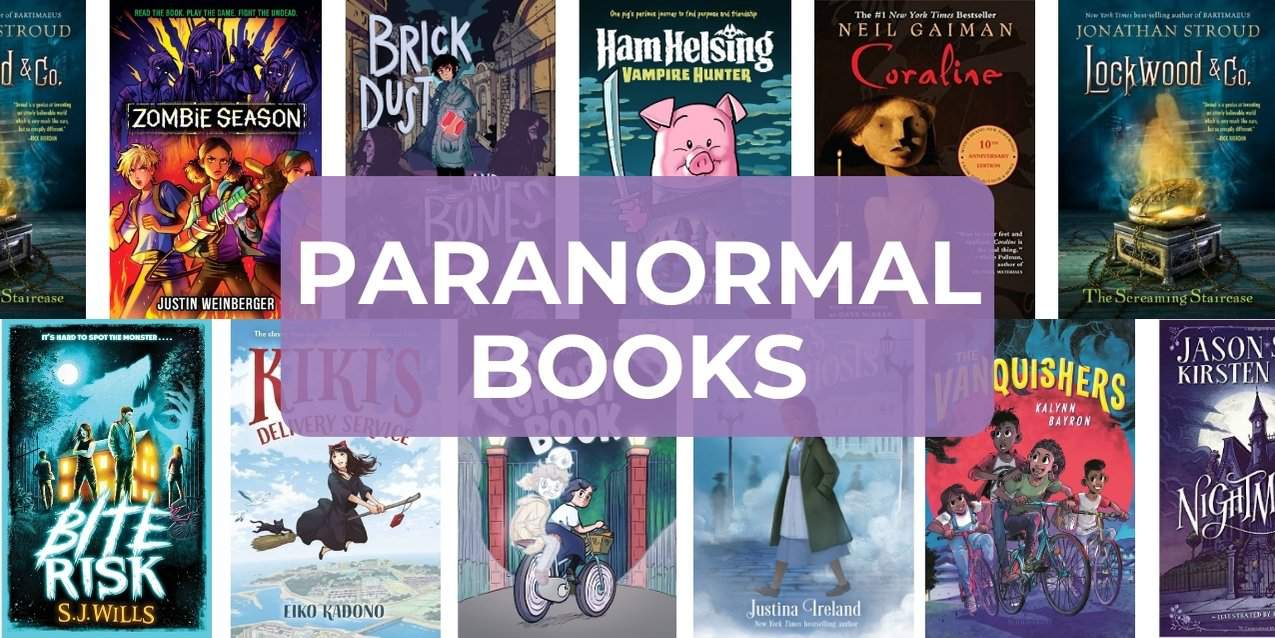When Heroes Let Us Down
This post may contain affiliate links.
written by Margaret Finnegan
One of the great struggles of adolescence—of life, really—is to learn to hold paradoxical ideas in our heads. To accept that people can be both good and bad, heroic and villainous, all at the same time. It is how we move from being concrete thinkers to abstract thinkers, from being children to adults.
This struggle is at the heart of my new middle-grade novel Susie B. Won’t Back Down. Susie B.’s hero is Susan B. Anthony. And like me, she learns that her hero was…complicated. The groundbreaking champion of women’s rights—an advocate of abolition and friend of Black leaders including Frederick Douglass–campaigned with an avowed racist against the amendment giving Black men the vote. She had decided that she would rather have no Black people vote at all than to have Black men but no women of any race vote. In later years, she refused to vocally support Black suffragists out of fear she might upset white ones.
Susie B. struggles with how to make sense of this paradox. Her struggle is made all the more difficult by her own campaign for Student Council President. As she navigates the political waters of her elementary school, she learns that politics makes for strange bedfellows and raises questions about not only how to do the right thing, but about even knowing what the right thing is.
And isn’t that the hero’s quandary? What is the right thing? How do we know? How can we be our best selves when we are bound to make mistakes, to let people down, to act like the flawed people that we all are? And what do we do when the people we look up to turn out to be just as imperfect as we are? Do we throw them in the trash heap? Do we paint over their mistakes? Do we find a way to hold the paradox that is any human being in our hands?
These are such hard questions, and yet they are also wonderful questions for young readers. Investigating them helps them grow and, ultimately, mature into people with humanity, humility, and compassion.
5 Middle Grade Novels that Encourage Abstract Thinking
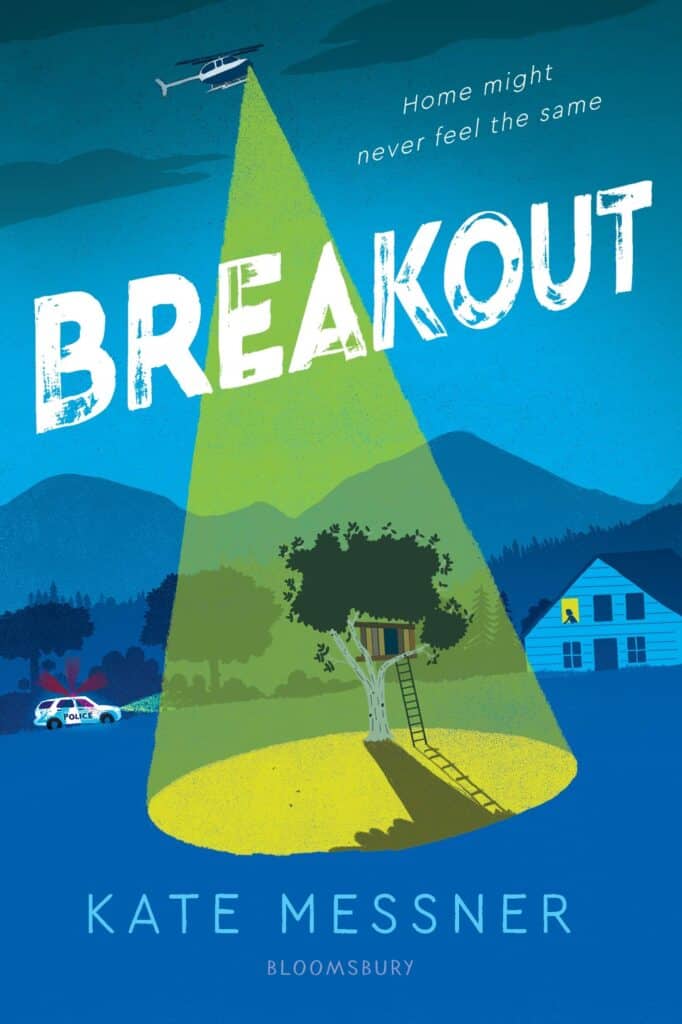
Breakout by Kate Messner. The daughter of a prison warden, Nora Tucker’s ideas about crime and punishment are complicated when she makes a friend whose brother is incarcerated. The drama intensifies when two inmates escape the prison and the town is put on lockdown.
Amazon Bookshop
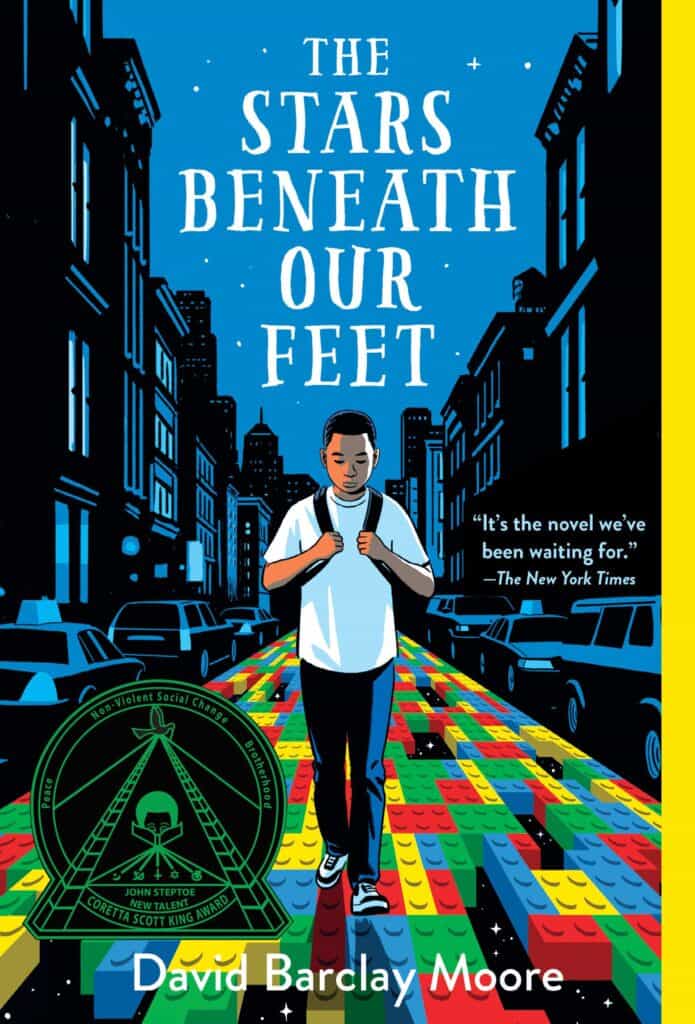
The Stars Beneath our Feet by David Barclay Moore. In the aftermath of his brother’s violent death, Lolly Rachpaul finds himself pulled between the urge to seek revenge and the longing to sustain himself through the art of Lego.
Amazon Bookshop
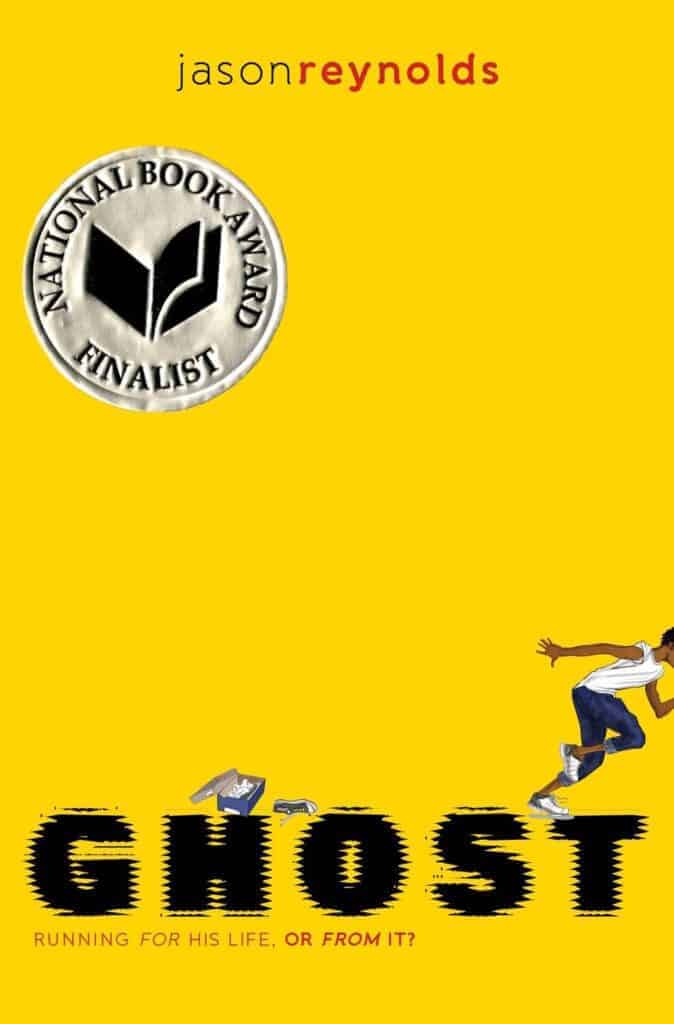
Ghost by Jason Reynolds. Ghost (otherwise known as Castle Cranshaw) has a complicated family history and a dream—to run. He’s got the talent, but he doesn’t have the fancy shoes runners need. As he struggles to solve that problem, he encounters mentors and friends who help him gain integrity and hope. Part one of the Track Series.
Amazon. Bookshop

Manañaland by Pam Muñoz Ryan. When Maximiliano Córdoba has the chance to continue his family’s legacy of helping refugees, he must face a difficult and dangerous choice: help a stranger or stay home, follow the rules, and maybe achieve his dream of being selected for his hometown’s beloved fútbol team.
Amazon Bookshop
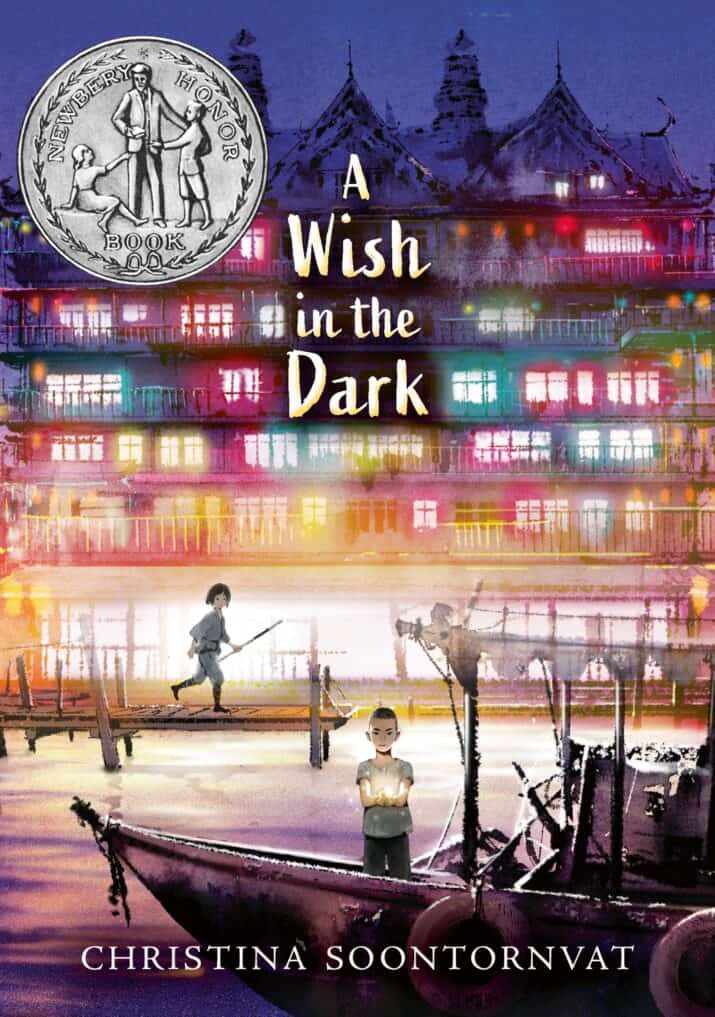
A Wish in the Dark by Christina Soontornvat. In this reimagining of Les Misérables, a boy named Pong wonders how he can balance his secret past with his longing for a more free and open future. At the same time, the warrior determined to find him is forced to reassess what justice truly means.
Amazon Bookshop
About Margaret Finnegan

Margaret Finnegan is the author of the middle-grade novels Susie B. Won’t Back Down and We Could Be Heroes. Her writing often focuses on themes on inclusion, hard choices, and being true to yourself. She also makes a really good chocolate cake. To learn more, and to download free discussion guides, visit MargaretFinnegan.com. Twitter: @FinneganBegin Instagram: @finneganbegin
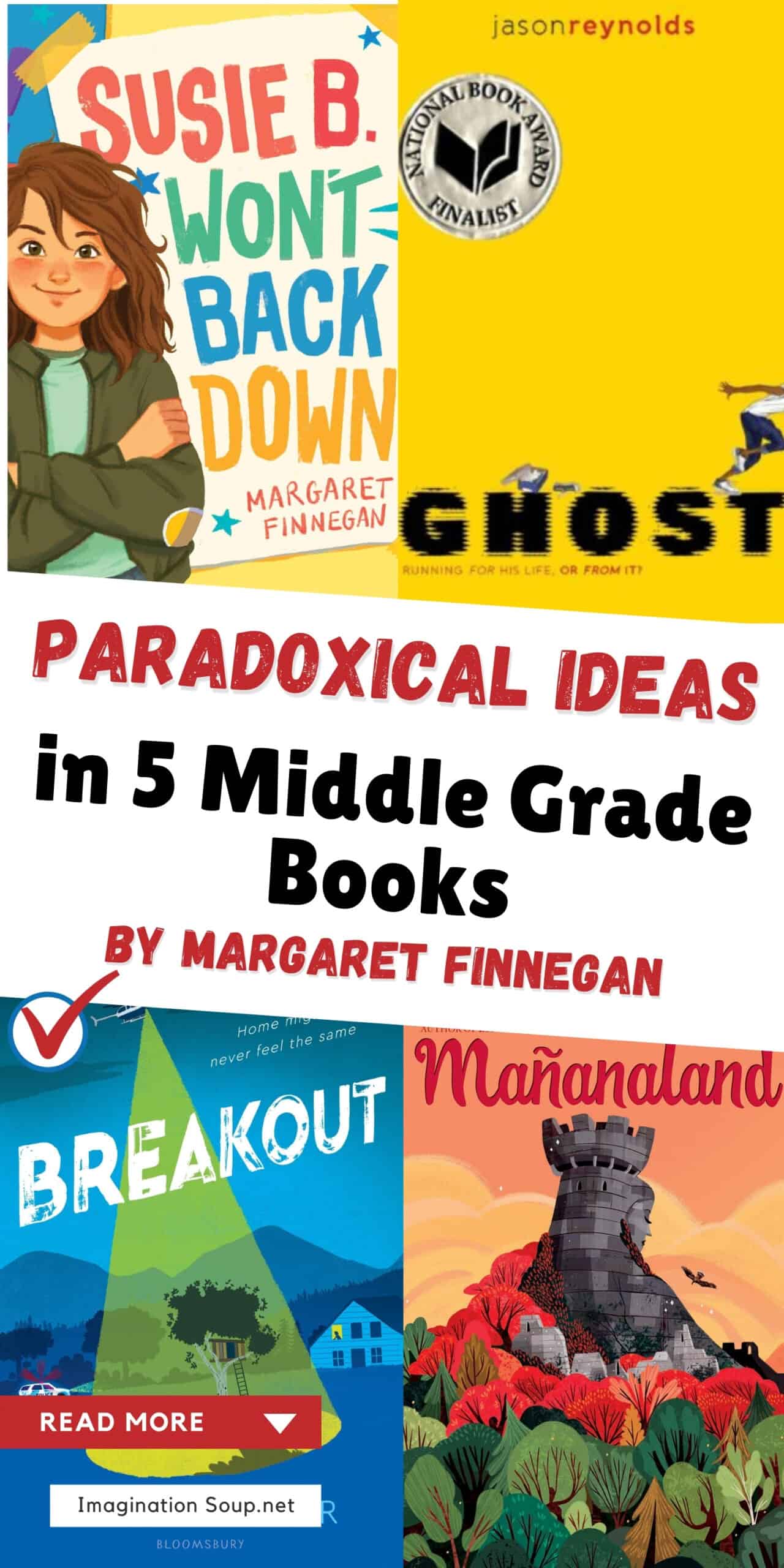
KEEP READING
The Difference Between Divergent and Convergent Thinking
